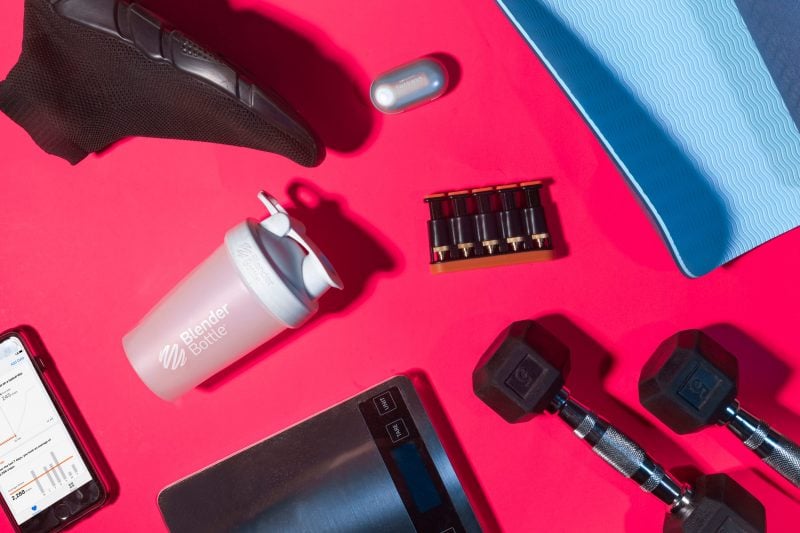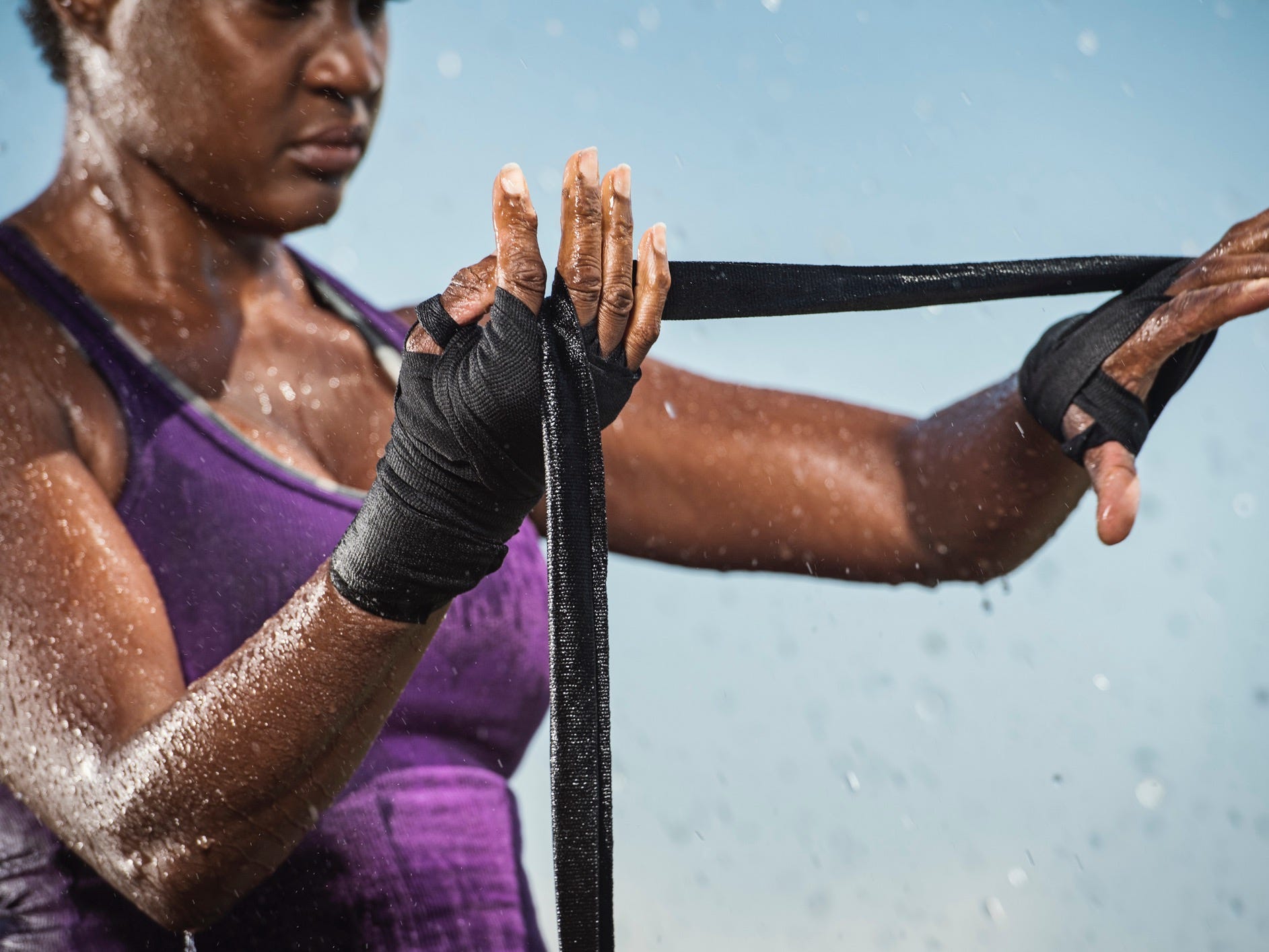- It’s a common misconception that the more you sweat, the more effective the workout. But according to a sweat scientist, there are a lot of factors that affect how much sweat you produce and how sweaty you feel.
- It’s true that effort generates sweat, but genetics, body mass, and environmental factors all play a role in how sweaty your workout is.
- Very fit people, particularly those trained in endurance sports, also sweat more.
- Visit Insider’s homepage for more stories.
If you’ve ever finished a workout and found yourself disappointed not to be drenched in sweat, you’re not alone – many people consider sweating profusely to be a sign of vigorous exercise.
But you don’t need to sweat to get a good workout, according to Dr. Lindsay Baker, sweat expert and principal scientist at the Gatorade Sports Science Institute.
Baker told Insider that many factors can influence overall sweatiness, and research on how and why people sweat can offer valuable insight into how the human body adapts to exercise and recovers afterward.
Research suggests that the more an athlete works out, particularly doing aerobic activities such as distance running, the sweatier they tend to be.
"All other things being equal, the more endurance training you do, the more you'll sweat, and you'll also start sweating sooner," she said.
Paying attention to how much you sweat offers insight into your overall fitness level, and help you both prepare for a grueling workout and bounce back more quickly afterward.
Sweating less in a workout isn't necessarily a cause for concern
Intensity is just one factor in how much you sweat. Generally, the more effort you exert, the more heat your body generates, which triggers the body to produce more sweat, according to Baker.
That's because sweat functions as the body's cooling system. When you start to heat up, during exercise or otherwise, your sweat glands produce liquid on the surface of your skin. As that liquid evaporates in contact with the air, it uses energy in the form of heat from your skin, helping stabilize your body temperature.
But how much you sweat is based on personal factors like genetics, gender and weight. People with more body mass, for instance, tend to sweat more, since it requires more effort to move the larger mass than it does for a smaller person.
Environmental conditions like ambient air temperature and humidity also determine how quickly sweat evaporates, and therefore how much you see (and feel) on your body.
"How visible the sweat is on your skin varies depends on a lot of factors," Baker said. "Outside in dry, windy conditions, you could be sweating a lot but won't necessarily notice it.
Depending on these factors, you might work out without sweating much at all, and that doesn't necessarily mean you didn't work hard, or that you're dehydrated.
Similarly, there's no need to be alarmed if you're sweating a lot. In researching hundreds of athletes, Baker has found that the average amount of sweat is about a quart per hour, but that can vary widely, from less than half a quart to three quarts or more.
So, while sweatiness is one way to judge the quality of your workout experience, it's not the only factor.
Fit people tend to sweat more, as their bodies adapt and they're able to sustain higher intensity workouts
How much you sweat is also determined by how much fitness experience you have, particularly with endurance training, according to Baker.
That's because the body learns to anticipate an impending workout as soon as you start warming up, and springs into action to start cooling you down by producing sweat.
"If you've become adapted to exercise, your body responds by becoming better able to regulate your body temperature by starting to sweat sooner and more so you can dissipate heat and keep your core temperature at a safe level," Baker said.
Well-trained athletes are also able to sustain higher levels of intensity during their workout, which also generates more sweat, she said.
The sweatiest athletes, according to Baker, are endurance runners, but American football players are a close second, since the sport requires heavy equipment and some roles (such as defensive lineman) require a higher body mass.

Regardless of how much you sweat, don't forget to hydrate
One side effect of sweating is that you lose fluids and electrolytes (minerals essential for health, like sodium and potassium), which you then need to replenish or risk dehydration.
The easiest way to keep track of hydration is through your urine. If it's dark in color or infrequent, you're likely not drinking enough water.
One solution is to be proactive and start sipping before you work out.
"A lot of athletes don't think about drinking and hydrating during the day until it's too late and they have to catch up," Baker said. "It's really important to think about hydration 24/7 and to start off your exercise on the right foot by starting hydrated. "
The amount you sweat matters here. Baker said you can gauge how much you're sweating by weighing yourself before and after. If you weigh less, that indicates you need to drink more fluids to replace what you've lost in the sweating process.
Eating a salty snack along with your post-workout drink can also help replace electrolytes, Baker said, so you can avoid side effects like excessive fatigue and muscle cramping.
Read more:
The memory-boosting effects of working out could be bottled into an 'exercise pill,' a study found
